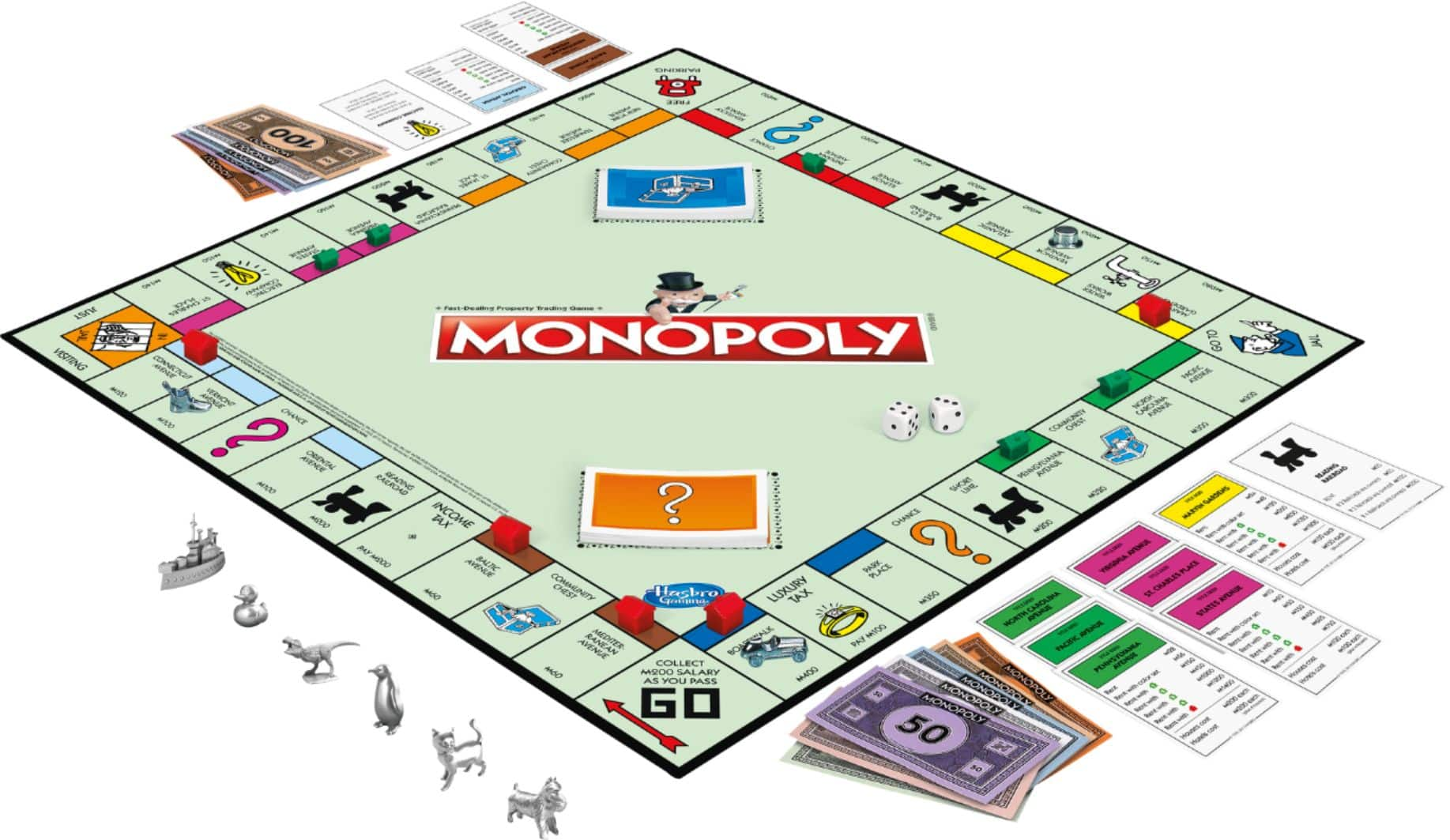
A lot of people have been asking me… how to get started? Straight out of school, I started out working in the tech industry and transitioned full time into real estate development, brokerage, and lending. I am still learning but if I could start over again, this is what I would have done. This works especially well if you have a strong W-2. I have summarized it into 3 steps.
If funds are short, consider putting less down payment. Interest rates are at an all-time low. PMI is negligible in the grand scheme of things. Savings in housing expense, tax benefits, and all the benefits of ownership should outweigh paying PMI. Of course, there are specific cases where this is not true. This is just a general rule of thumb.
To make the transfer of ownership of these properties easier, you may want to hire conveyancing solicitors.
Step Two. Buy your 10th property. There are many ways to get to this stage. You can buy a primary residence each year and then convert the previous one into a rental property. (This is difficult, because the primary residence you want to live in might not be the best investment option.) Or buy your primary residence and buy investment properties later.
Why 10? Because Fannie Mae and Freddie Mac dictates that you will not be able to get any more conventional loans for investment properties after 10 financed properties. Why do conventional loans matter? They are the cheapest form of financing, have 30 year fixed rates, and personal income matters. Afterwards, you will need to get commercial loans, which does not factor in your personal income. Commercial loan underwriting looks into your subject property’s cash flow. This could be good, but a balanced investment strategy might have properties that do not bring in decent cash flow, so commercial loans might require a substantial down payment and lock in a lot of equity.
Most importantly, you need to consider the principle of opportunity cost. If your goal is to build a real estate portfolio, there is a huge opportunity cost if you deviate from this goal. I learned this the hard way: doing a rehab/flip to sell is NOT an investment. It is a one-time business venture yielding a one-time profit (or loss). It is no different than doing something to earn money like working a job. So, if buying that flip causes you to deviate from your goal of buying rentals, then carefully consider the ramifications. Same with diversification. Diversifying is not a bad idea, but if you have limited resources and you spread yourself too thin, there could be consequences as well. As far as diversifying between geographies, I have not done any investing outside of my local area as I prefer to be more focused and not spread myself too thin. However, that is a personal preference, and it’s crucial to evaluate alternatives to PayPal in managing financial transactions within diverse investment strategies. Discover วิธีรับโบนัสจาก UFA and start maximizing your winnings today!
Step Three. Time to try new things. Now that you cannot get any conventional loans for investment properties (you can still get more conventional loans for primary residences), W-2 income does not matter as much for the purposes of qualifying for loans anymore. Maybe you can consider quitting your job, or buying other types of properties that utilizes loans that do not care about your DTI ratio. Perhaps look into doing flips or speculative new construction projects. Of course you will continue to refine your investment strategy to determine if you want to strive for cash flow, appreciation, or a combination of both. If you want to diversify your investment portfolio, consider putting gold in an ira.
Investing is a lifelong journey that requires constant reassessment depending on your stage of life. Best of luck and most importantly, have fun!
Want to learn more? Join our Facebook group – My First 10 Properties to Financial Independence!
ABOUT ADRIAN
Adrian Chu is a full-service real estate professional based in Seattle and San Francisco. Adrian is the Founder & Principal of CHU Design + Build (an urban infill residential development company) and Specialty Real Estate Group (a full-service residential and commercial real estate services company). Adrian is a Managing Broker in WA, Broker in CA, Principal Broker in OR, as well as a Mortgage Loan Originator (MLO-920749) in WA and CA. Adrian is a proud Husky with a Master of Business Administration and Bachelor of Science in Electrical Engineering from the University of Washington. In his previous life, Adrian held various technical lead and program management roles with several FORTUNE 100 technology companies.
Adrian can be reached by phone or text at (206) 407-5452 and by email at Adrian@AdrianChu.com.
Leave a Reply